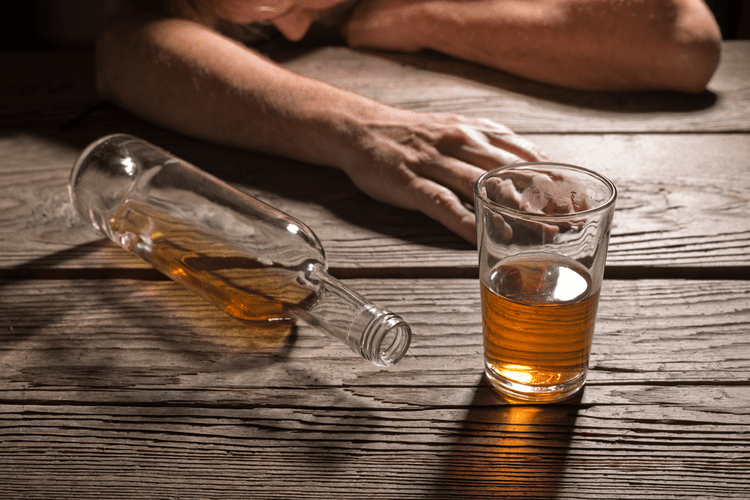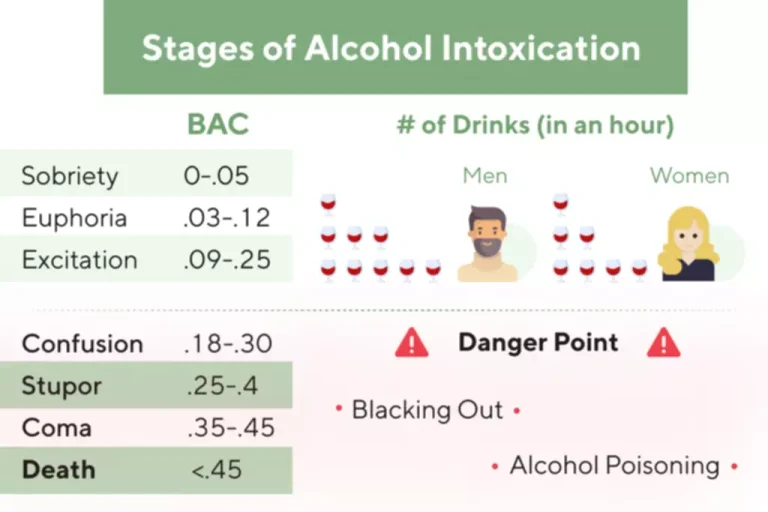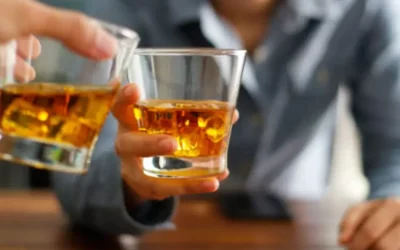Alcohol is a psychoactive substance with dependence-producing properties that has been widely used in many cultures for centuries. The harmful use of alcohol causes a high burden of disease and has significant social and economic consequences. Behavioral treatments—also known as alcohol counseling, or talk therapy, and provided by licensed therapists—are aimed at changing drinking behavior. Examples of behavioral treatments are brief interventions and reinforcement approaches, treatments that build motivation and teach skills for coping and preventing a return to drinking, and mindfulness-based therapies.
National Institute on Alcohol Abuse and Alcoholism (NIAAA)
It may be due to social pressure, a desire to relax, a coping mechanism for anxiety, depression, tension, loneliness, self-doubt or unhappiness, or a family history of abusing alcohol. But the prospects for successful long-term problem resolution are good for people who seek help from appropriate sources. A psychologist can begin with the drinker by assessing the types and degrees of problems the drinker has experienced. The results of the assessment can offer initial guidance to the drinker about what treatment to seek and help motivate the problem drinker to get treatment. Individuals with drinking problems improve their chances of recovery by seeking help early.

What Are the Symptoms of Alcohol Use Disorder?
Yale Medicine’s approach to alcohol use disorder is evidence-based, integrated, and individualized. Our specialists utilize a range of medication and behavioral methods with demonstrated efficacy for helping individuals change their drinking habits and maintain these changes long-term. Care is integrated with patients’ other health care to improve treatment access, reduce costs, and promote better physical and mental health outcomes. Other names for AUD include alcohol misuse, alcohol dependence, alcohol addiction, and alcoholism. Risk factors for developing AUD include a family history of alcohol misuse, mental health conditions, and starting alcohol use at a young age.
Resources for Health Professionals

Additionally, people may complain of irritability and insomnia.[13] Alcohol use disorder is also an important cause of chronic fatigue.[14]Signs of alcohol abuse are related to alcohol’s effects on organ systems. However, while these findings https://thebostondigest.com/top-5-advantages-of-staying-in-a-sober-living-house/ are often present, they are not necessary to make a diagnosis of alcohol abuse. Alcohol use disorder causes acute central nervous system depression which leads to inebriation, euphoria, impulsivity, sedation and poor judgment.
While some research suggests that small amounts of alcohol may have beneficial cardiovascular effects, there is widespread agreement that heavier drinking can lead to health problems. With the use of appropriate medications and behavioral therapies, people Sober House can recover from AUD. Your treatment setting will depend on your stage of recovery and the severity of your illness. You may need inpatient medical (hospital), residential rehabilitation (rehab), outpatient intensive therapy or outpatient maintenance.
- Unhealthy Alcohol Use in Adolescents and Adults] Those who screen positive should be evaluated for AUD using the Diagnostic and Statistical Manual of Mental Disorders, Fifth Edition (DMS-V) criteria.
- Most programs involve therapy, support groups, education, and other activities.
- The diagnosis of AUD is established using the criteria in the DSM-V.
- There are several approaches available for treating alcohol problems.
- You shouldn’t attempt to drive or operate heavy machinery while under the effects of alcohol.
















